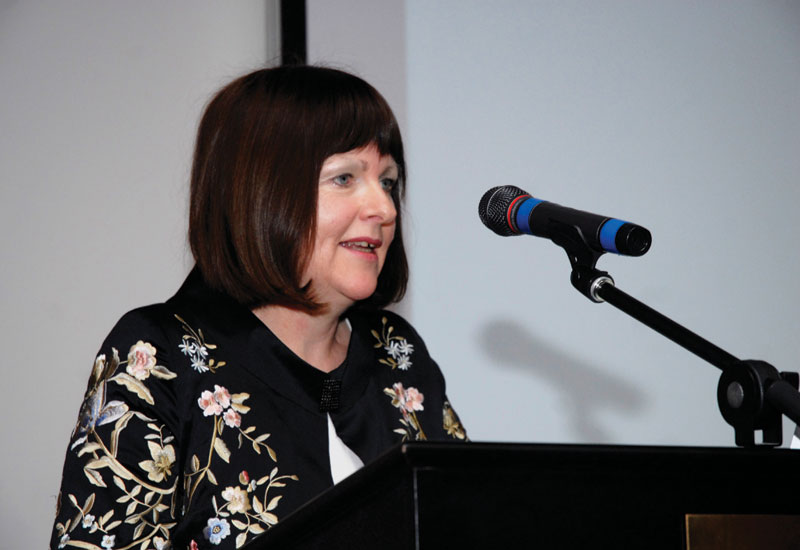Governments across the Middle East must focus on implementing workable food safety regulations in smaller F&B operations if they are to achieve food safety, according to industry experts.
Speaking at last month’s Food Safety Symposium at the Canadian University of Dubai, Professor Eunice Taylor, director of university’s International Food Safety Centre, commented: “Until we have HACCP across the food chain in every small business, we have not achieved food safety.
“Unless everyone practises HACCP, it is simply not complete.”
Taylor said the region faced a challenge in implementing safety regulations in smaller operations — and suggested that contrary to popular belief, training was not the way to solve the issue.
“I used to think you could just train people (in HACCP) and it would come good, but in the end I realised the industry is just too big and too diverse for this to work,” she admitted.
“The main issue with HACCP education is that it’s high-risk when you learn on the job, because people make mistakes — we have to accelerate that learning, we have to offer more, and that’s what we are trying to do in this region.”
Taylor spent five years studying the issue of applying HACCP in small and less-developed businesses with colleagues in the UK, and developed ‘The Salford Model’, which claims to solve the problem.
“This model builds a minimal amount of expertise into the system,” she explained.

Advertisement
“We built in technical expertise, merged general and specific hazards, minimised record-keeping and refocused enforcements. We found that if we kept things simple but emphasised their importance, people would write them down — and that then makes life simpler for them and the inspectors.”
According to Taylor, the main issue in making HACCP a success is its practical application.
“That is something the industry is trying to get to grips with; we have to change people and move them along with us,” she asserted.
Taylor also commented on the introduction of Menu-Safe into the market — a food safety management system based on the UK studies and recognised internationally by the Food and Agriculture Organisation (FAO) — and revealed that the International Food Safety Centre would launch a wider range of professional educational programmes in 2010.
The Symposium, held in honour of HACCP’s 50th birthday, hosted various food safety professionals, including Dubai Municipality’s Food Control Department director, Khalid Mohd Sharif Al-Awadhi, who promised to “cooperate with the Centre to improve food safety for the UAE”.
“Dubai implemented HACCP in the 1970s; today we have 12,000 food premises and run 300 factories in Dubai, so we need this system to keep things running smoothly,” he stated.
Similarly, Abu Dhabi Food Control Authority assistant director general Dr Mariam Hareb Sultan Al-Yousuf pledged that all food handlers in Abu Dhabi “should be trained and certified over the next few years”.









 Search our database of more than 2,700 industry companies
Search our database of more than 2,700 industry companies









